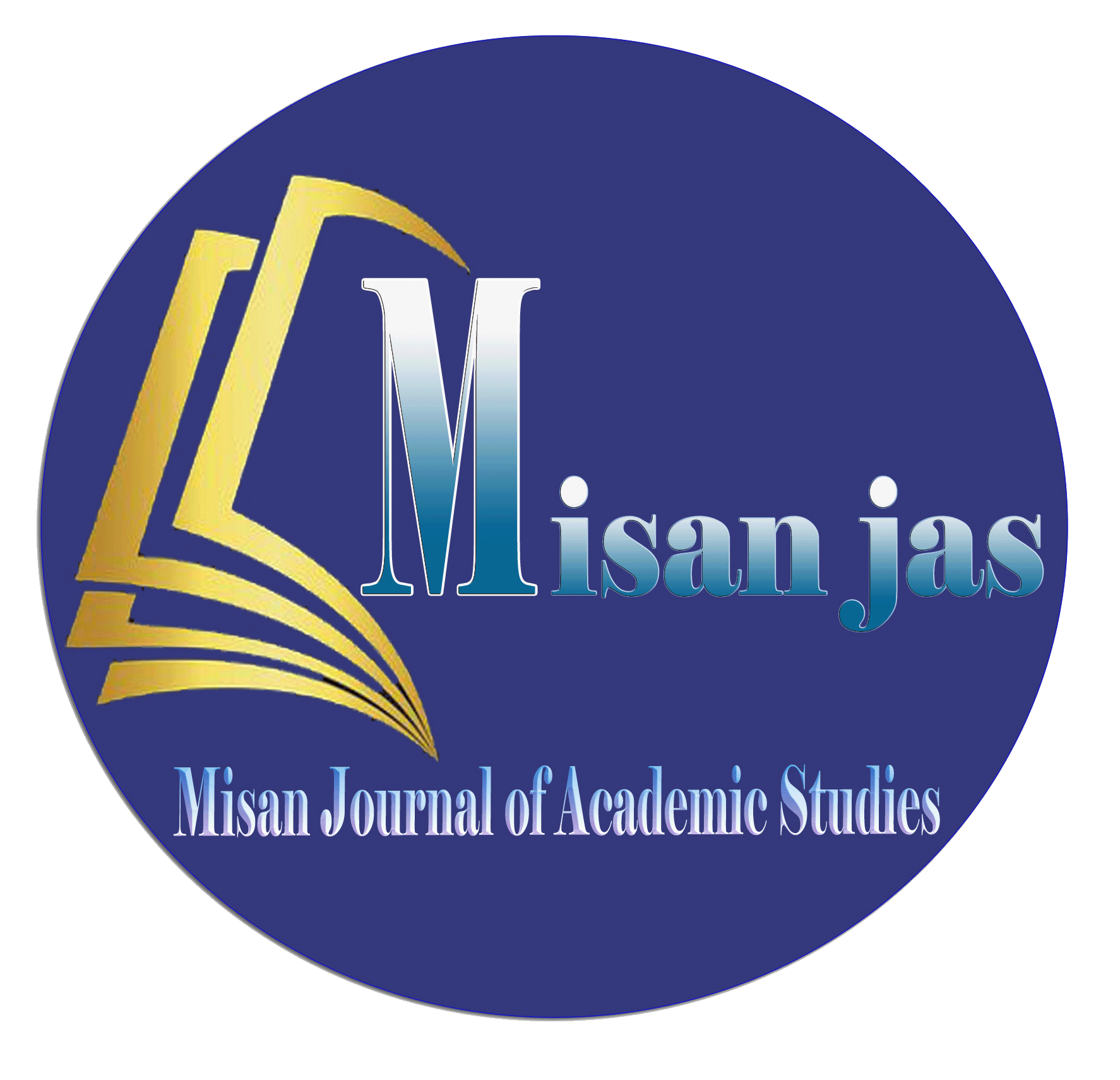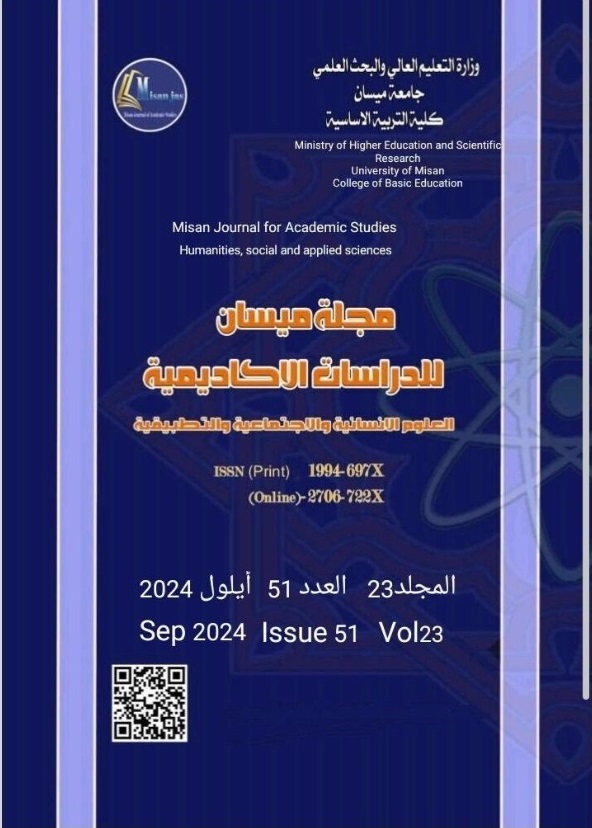The Impact of Transitional Regulations on the Application of National Reconciliation and National Amnesty Mechanism (A Comparative Study)
الملخص
The purpose of this study is to determine the status of the transitional period and its implications for the "reconciliation and amnesty" mechanisms found in nations with transitional laws. These mechanisms are typically included in the transitional phase that results from drastically and completely altering a country's political system. The state uses a variety of mechanisms and strategies to integrate equity during times of systemic transition or transformation. In our research, we examine extrajudicial mechanisms like "reconciliation," victim compensation programs, and amnesty linked to community reconciliation in comparison to the dominant mechanisms of transitional constitutional systems to arrive at a conclusion regarding the relative importance or value of each. We also attempt to highlight the advantages or disadvantages of including these provisions or system in that mechanism and offer conclusions and recommendations targeted at addressing or evaluating that inclusion.
التنزيلات
الحقوق الفكرية (c) 2024 مجلة ميسان للدراسات الأكاديمية (العلوم الانسانية والاجتماعية والتطبيقية)

هذا العمل مرخص حسب الرخصة Creative Commons Attribution-NonCommercial-NoDerivatives 4.0 International License.
تخضع جميع المقالات المنشورة في مجلتنا لشروط الترخيص
إسناد المشاع الإبداعي(CC BY-NC-ND 4.0)يسمح هذا الترخيص بإعادة إنتاج المحتوى وإعادة توزيعه وإعادة استخدامه كليًا أو جزئيًا لأي غرض مجانًا ، دون أي إذن من المؤلف (المؤلفين) أو الباحث او الطالب.
الأعمال المقدمة إلى مجلة ميسان للدراسات الاكاديمية للنشر في المجلة تخضع لشروط ترخيص(CC BY-NC-ND 4.0). حيث يمكن مشاركة المحتوى المتاح وتوزيعه وتكراره بشرط عدم وجود ربح تجاري ويجب منح الرصيد المناسب للمصدر الأصلي من خلال المصادر او الاستشهادات. من الضروري ومراجعة أي مواد تستخدم من مصادر أخرى بما في ذلك الأشكال والجداول والصور لإعادة استخدامها بموجب شروط ترخيص المشاع الإبداعي (CC BY-NC-ND 4.0). وبشرط عدم وجود تعديل على المحتوى الأصلي



